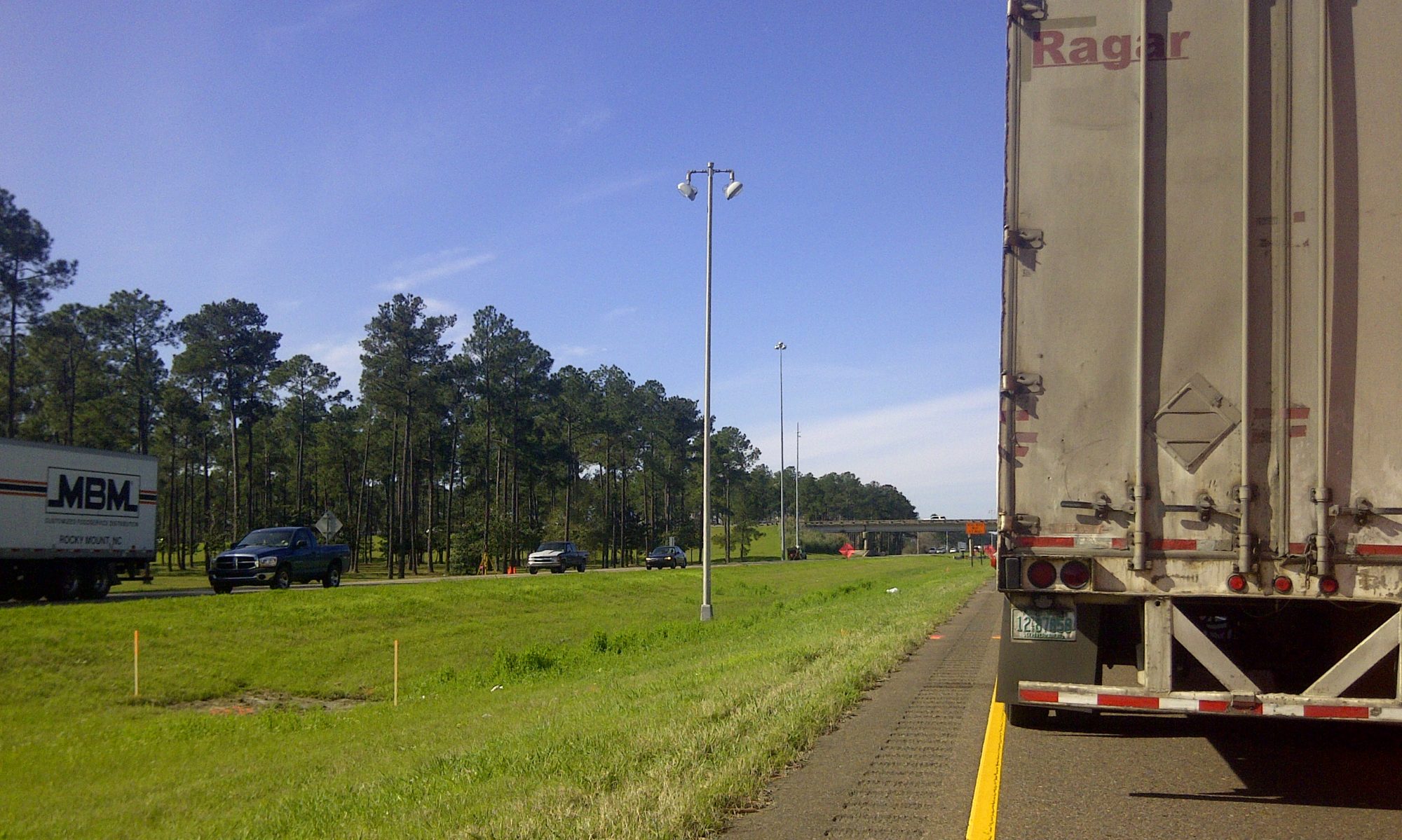On Tuesday, October 30, I had the privilege of attending/presenting at the 2018 Mississippi Transportation Institute Conference. There were many great speakers, including a thoughtful Tim Flick, who spoke on leadership, and the energetic Janie Waters, who discussed change while leading everyone in the Hokie Pokie. With so many quality presentations, I was honored to have been invited to speak, much less during lunch. After being introduced by Northern District Commissioner Mike Taggert (in my opinion, a great asset for the State of Mississippi), I presented the following presentation. ( my presentation: lambert-MTI 2018)
Defined transportation as a benefit:
- to passengers and users,
- to support the economy through freight movements,
- to other sectors in the Mississippi economy.
Often, these benefits are not linked to the role that the transportation system serves an integral part of the state’s commitment to its citizens. The average citizen benefits from a robust highway system, as transportation makes our modern life accessible, but the system does have a direct cost, such as through taxes, or indirect costs, such as closed bridges, vehicle damage, etc., to the citizens of Mississippi.
Here are some of the references I used in preparing my remarks:
Southern Legislative Conference Comparative Data Reports on Transportation 2018 Report
Mississippi Department of Transportation Statewide Transportation Plan Mississippi Department of Transportation Fiscal Year 2017 materials
Mississippi Department of Transportation Freight Plan
1987 was the last concerted effort in Mississippi for a comprehensive statewide highway network program, which was the same year I graduated from Louisiana State University. Since that was also the last year the State raised the gas tax, I am paying the State of Mississippi the same per gallon of gas from when I drove across the state after my graduation in 1987 as I did this week when I purchased gas to drive to the conference.
The problem is not one of identifying projects, but in securing funding for these projects, While the state has recently taken steps to address this need, it took shutting down bridges to get some attention on this issue. Maybe the citizens of Mississippi just need to eat more Domino’s Pizzas to fix the state’s potholes!


